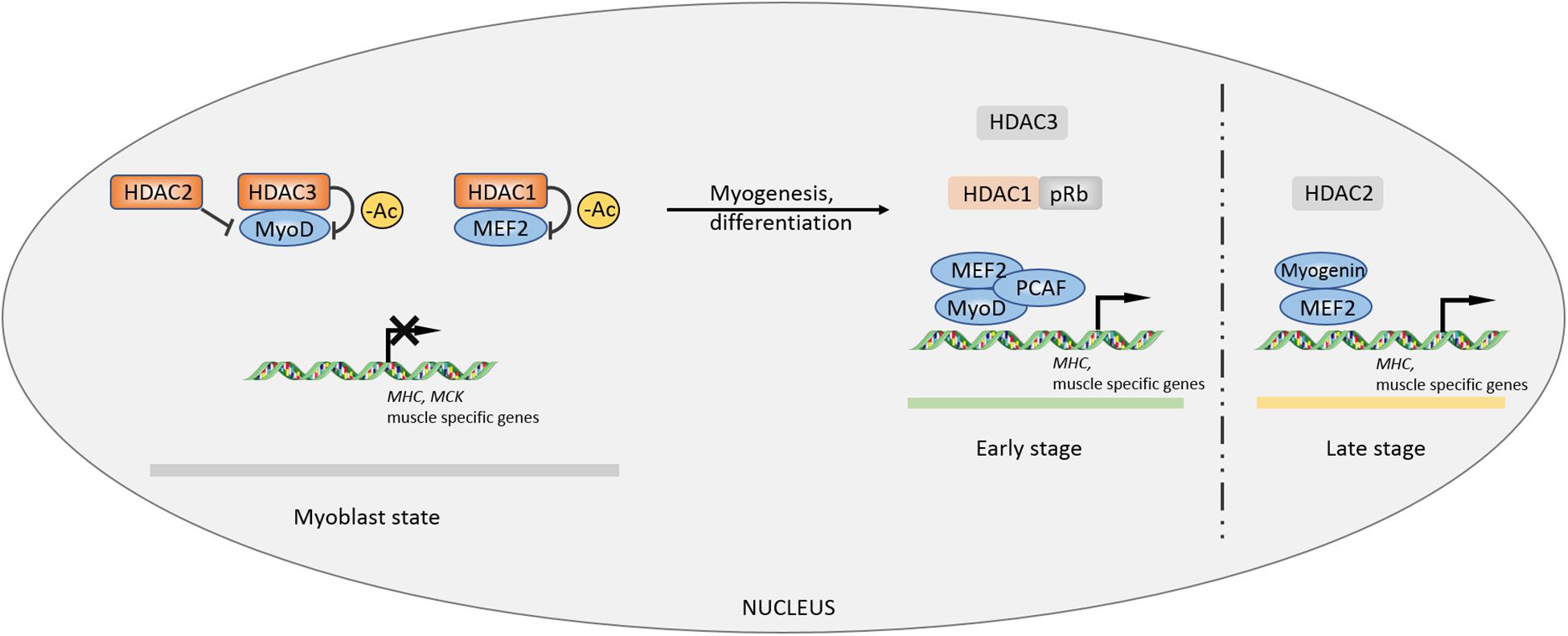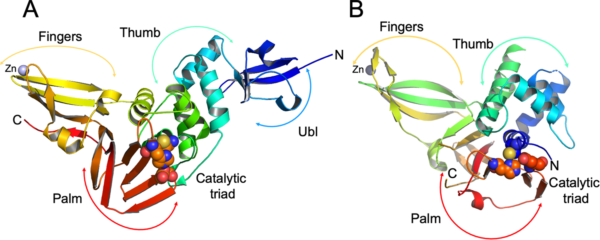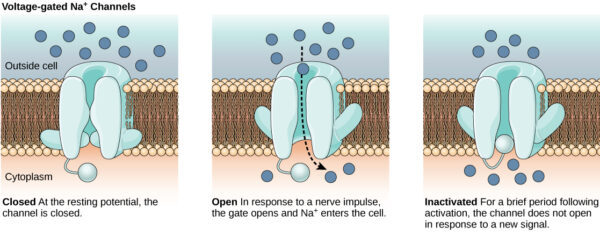The Histone Deacetylases (HDAC) Targeted Library is a collection of small molecules designed and curated to specifically target HDACs, a group of enzymes that play a pivotal role in chromatin structure and gene expression regulation. HDACs function by catalyzing the removal of acetyl groups from histone proteins, ultimately leading to chromatin compaction and gene silencing. Aberrant HDAC activity has been implicated in various diseases, including cancer, neurodegenerative disorders, and inflammatory conditions.
The HDAC Targeted Library consists of carefully selected small molecules that possess the ability to selectively inhibit or activate HDACs, thereby modulating chromatin structure and gene expression. This library includes small molecule inhibitors that bind to HDACs, impeding their activity and leading to increased histone acetylation levels. By enhancing histone acetylation, these inhibitors can promote the activation of genes that are otherwise silenced due to chromatin compaction.
One of the most well-established applications of HDAC inhibitors is in cancer therapy. These inhibitors have been shown to induce cell cycle arrest, differentiation, and apoptosis in cancer cells, ultimately leading to tumor growth inhibition. Moreover, they can sensitize cancer cells to other treatments, such as radiotherapy and chemotherapy, making them useful as combinatory treatments.
In addition to inhibitors, the HDAC Targeted Library also includes small molecules that can activate HDACs. These activators promote the removal of acetyl groups from histones, leading to chromatin compaction and gene silencing. These activators have potential therapeutic applications in conditions such as inflammation, where excessive gene activation can lead to tissue damage and organ dysfunction.
The HDAC Targeted Library also includes small molecule inhibitors that target specific HDAC isoforms, as each isoform has distinct biological functions and targets. By selectively targeting specific HDAC isoforms, researchers can examine the role of each isoform in normal physiology and disease pathogenesis. Moreover, this selective targeting can lead to fewer off-target effects and less toxicity, making these inhibitors more suitable for clinical use.
The development of the HDAC Targeted Library has opened up new avenues for drug discovery and precision medicine. The library offers a unique platform for identifying small molecules that can specifically target HDACs, ultimately leading to therapeutic interventions for diseases associated with aberrant HDAC activity. Furthermore, it highlights the importance of understanding the function of HDACs and their role in chromatin structure and gene expression regulation.
However, it is worth noting that the development of HDAC-targeted therapies comes with challenges. HDACs are involved in multiple cellular processes, and their dysregulation can lead to both beneficial and detrimental outcomes. Therefore, it is important to identify the specific HDAC isoforms and biological processes to target, as well as ensuring appropriate dosing and timing of interventions.
In conclusion, the Histone Deacetylases (HDAC) Targeted Library represents a valuable tool in the investigation of HDAC biology and the development of novel therapeutics for diseases associated with aberrant HDAC activity. With the availability of small molecule inhibitors and activators, this library offers exciting opportunities for precision medicine and the potential to improve patient outcomes. However, further research is still required to fully understand the biological functions of HDACs and their role in disease pathogenesis.




